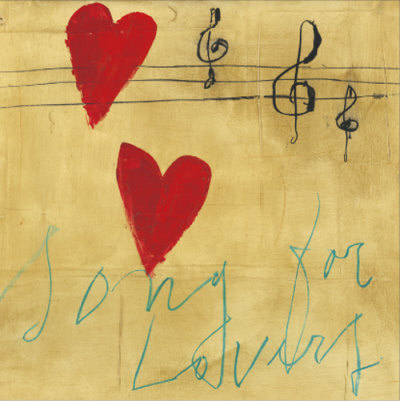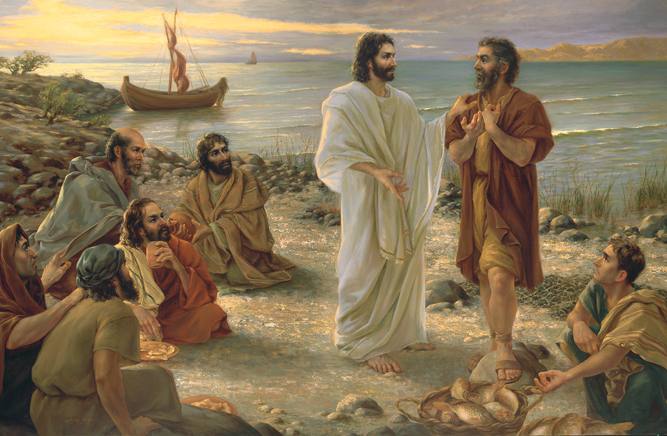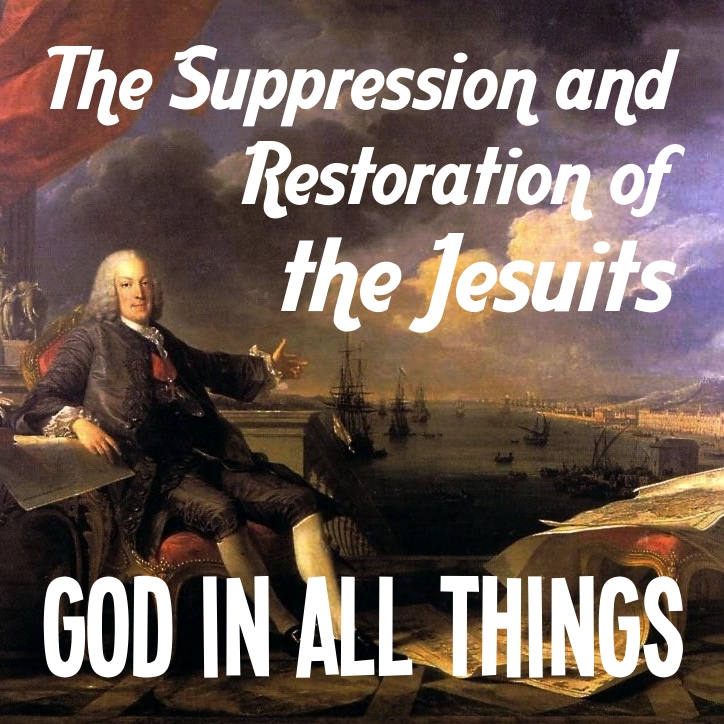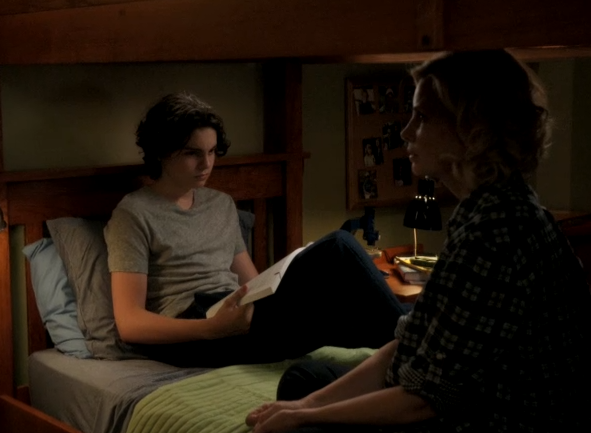 Love songs have existed throughout history. We can take a cursory glance at literature from the past few centuries and see the sonnets and plays of William Shakespeare, the poetry of Lord Byron, the free verse of e.e. cummings, or the passionate wordplay of Pablo Neruda, just to name a few. We see the happiness and the tragedy of love through musicals such as Kiss Me, Kate, West Side Story, My Fair Lady, The Last Five Years, and countless others. All of these names and titles scratch at the surface of the plethora of lyrical and musical expressions of love that we as human beings have created through clever wordplay, music, or a combination of both.
Love songs have existed throughout history. We can take a cursory glance at literature from the past few centuries and see the sonnets and plays of William Shakespeare, the poetry of Lord Byron, the free verse of e.e. cummings, or the passionate wordplay of Pablo Neruda, just to name a few. We see the happiness and the tragedy of love through musicals such as Kiss Me, Kate, West Side Story, My Fair Lady, The Last Five Years, and countless others. All of these names and titles scratch at the surface of the plethora of lyrical and musical expressions of love that we as human beings have created through clever wordplay, music, or a combination of both.
But love songs don’t have to be so esoteric. They don’t have to be written in iambic pentameter. They don’t have to have precise meters and clever syncopation or fall into free-form improvisation. For example, everyone remembers that one song that they believe characterizes their relationship with that special someone. Perhaps it’s “Our Song,” by Taylor Swift, which says that the song with her man is the different memories that characterized their relationship: a slamming screen door, the whisper over the phone because “it’s late and his mama don’t know.” Or it could be “Nothing’s Gonna Stop Us Now” by Starship, that promises, “if this world runs out of lovers/we’ll still have each other/nothing’s gonna stop us now.” Maybe Rita Ora’s “I Will Never Let You Down” sums up the relationship because it describes how you will always be there for your partner when he/she feels low on love or wants to give it up.
Our Desire for Expression
What’s important about a love song isn’t so much how it’s written, why it’s written, when it’s written, what it’s written about, or whom it’s written for. Rather, love songs are important because they are written. They show us how we cannot be apart from one another. They show us that human language struggles to captivate the complex emotion of love so clearly that it has to be combined with other mediums, such as music (or many other expressions of art, for that matter) in order to find the faintest glimmer of understanding what love really means. Love songs demonstrate our innate human desire to connect with other people and express our feelings of love for one another.
 I believe God can be discovered in love songs. In fact, a lot of what’s written about God in the bible suggests that God desires the same intimacy, vulnerability, and openness that we try and communicate with each other through love songs. A prominent metaphor of the relationship between the Israelites and God in the Hebrew Scripture is that of a lover who always cares for and forgives the beloved in spite of faults and failings. The gospels depict Jesus as one who was sent from God out of an unbelievable, unconditional, and desperate love for human beings. The letters of Paul and John also explain the power of love to early Church communities, and call us to continue loving each other today because God’s very self is love.
I believe God can be discovered in love songs. In fact, a lot of what’s written about God in the bible suggests that God desires the same intimacy, vulnerability, and openness that we try and communicate with each other through love songs. A prominent metaphor of the relationship between the Israelites and God in the Hebrew Scripture is that of a lover who always cares for and forgives the beloved in spite of faults and failings. The gospels depict Jesus as one who was sent from God out of an unbelievable, unconditional, and desperate love for human beings. The letters of Paul and John also explain the power of love to early Church communities, and call us to continue loving each other today because God’s very self is love.
In a sense, then, God is a love song. God’s constant love for humanity has been expressed through Christ and continues to be expressed in the Holy Spirit. God reached out to us in intimacy through sending Christ. His life, ministry, death, and resurrection are the utmost examples of God’s self-giving love poured out for us on the cross, a perfect sacrifice. Moreover, God’s promise of the Holy Spirit’s abiding presence in the world assures each person that they will continue to be loved throughout history. What truly makes God a love song, though, is that God decided to speak this love at all. God didn’t hold back; God reached out and showed us how much we are loved, and continues to love us to this very day.
God’s Love Song
God is a hopeless romantic, always searching for the right combination of sounds, words, or expressions to demonstrate an unbreakable and always available love. God’s love is the repetitive pop love song a la Justin Timberlake. We hear it on the radio so much that it may cause us to change the station sometimes, but we sing along to it when we are together with our friends and loved ones. God’s love is the power ballad with screeching guitar solos and over-dramatic lyrics. God’s love is Michael Bolton’s cheesy chorus that sings about what happens when a man loves a woman. God’s love is the ingénue singing to her beau on stage as she reveals her love to him for the second or third time in the show. God’s love is the precise meter and the passionate wordplay of poetry. We are challenged to listen, and to sing along.








